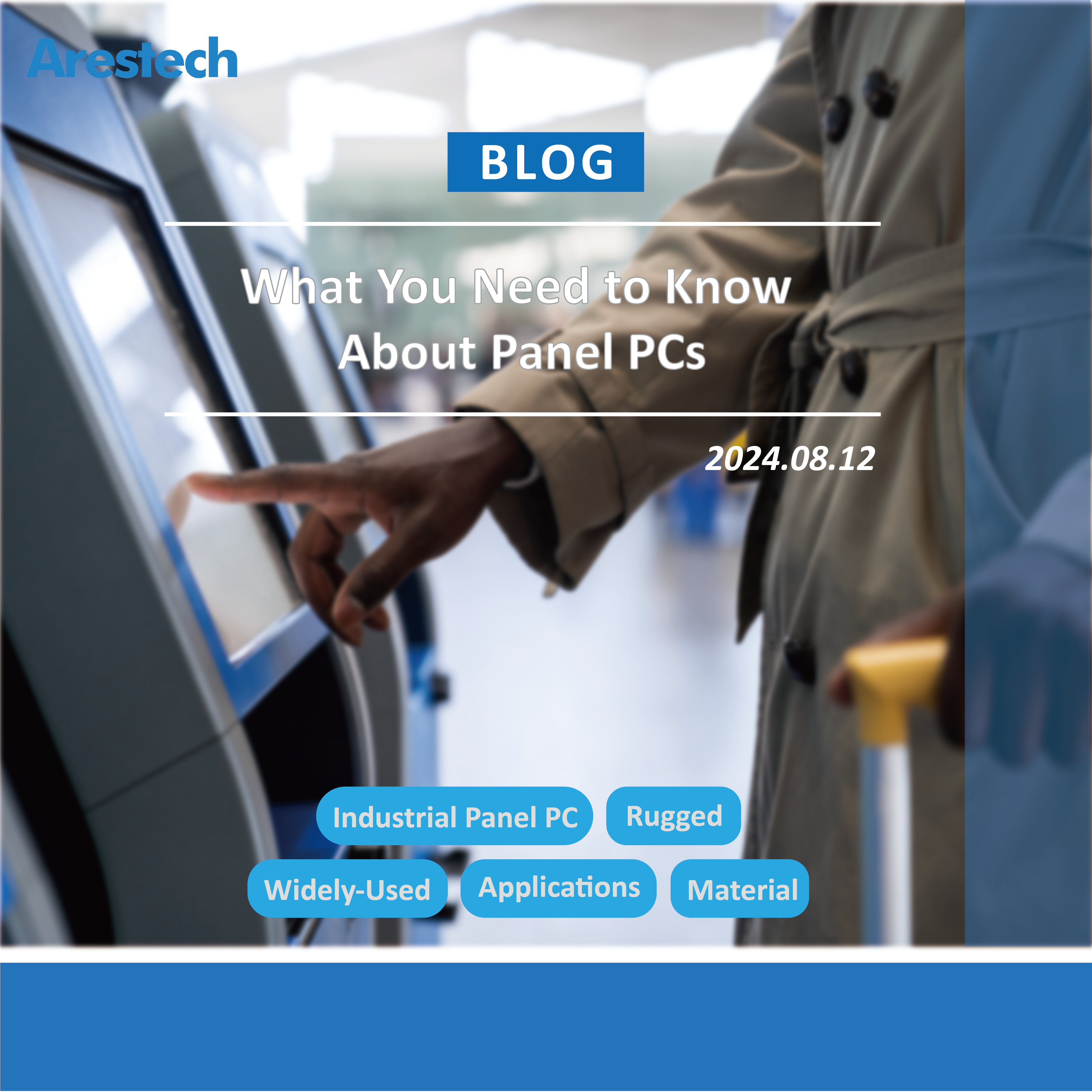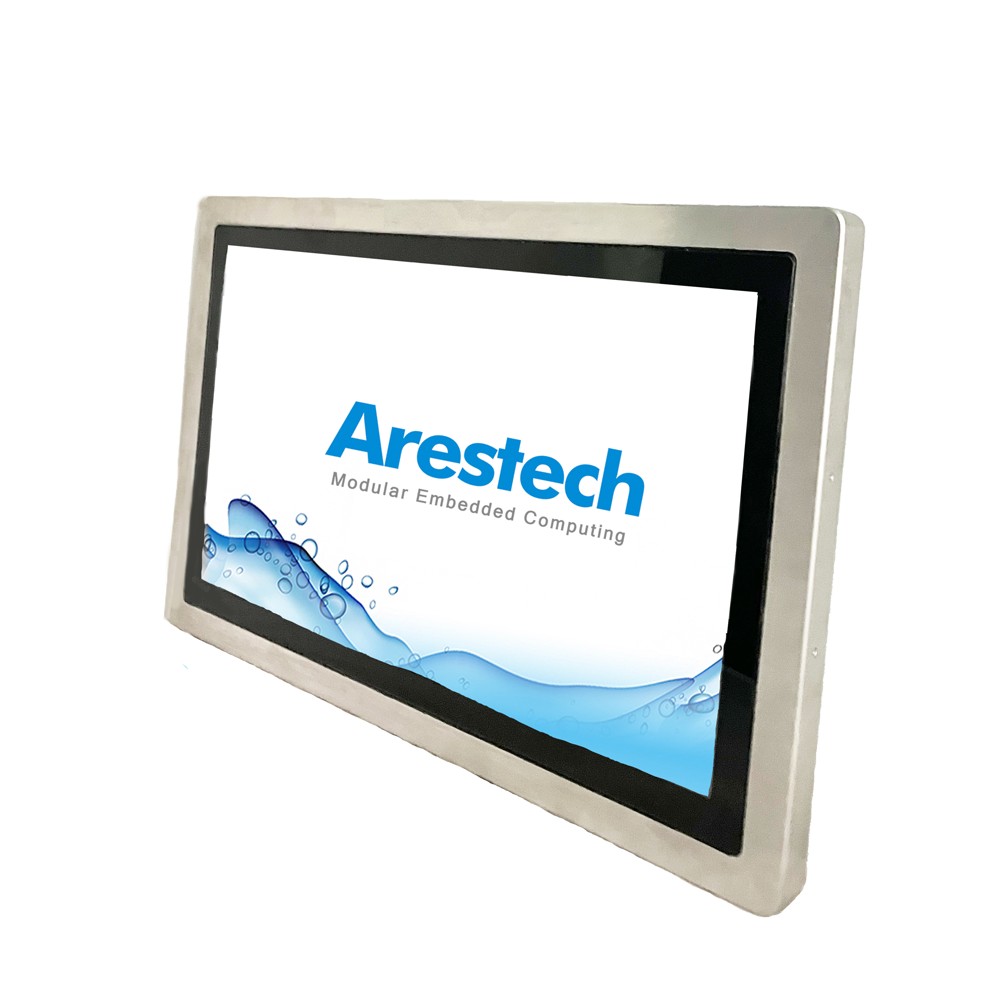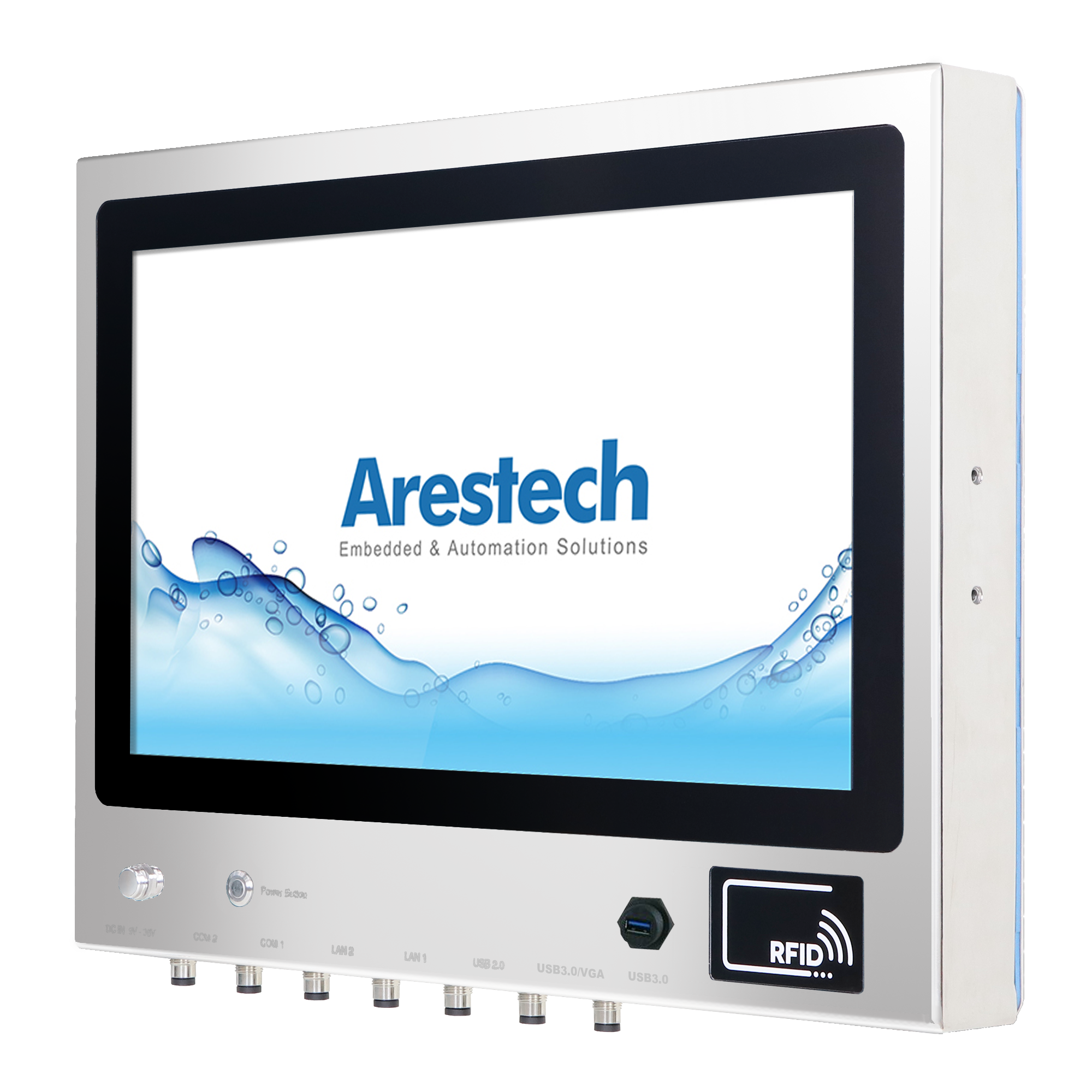What You Need to Know About Panel PCs
A panel PC is an all-in-one system with the combination of a computer and display integrated into a single product. This single-piece design not only saves space but also keeps the system tidy, making it perfect for environments where both efficiency and durability are important. Most panel PCs are equipped with touchscreen functionalities, offering an interactive user experience, and are ruggedly built to withstand harsh conditions, such as exposure to water, dust, or even in extreme temperatures. In addition, the devices come with multiple I/O connectivity including USB, COM, and Ethernet options, allowing for easy connection to different peripherals and networks. Extra expansion like internal Mini-PCIe or M.2 interface are available for more functionality or storage capacity.

Panel PCs are used across a wide range of industries, making them especially useful in places like industrial automation, retail, healthcare, transportation, and entertainment. In industrial applications, Panel PCs monitor and control machines, providing real-time data and feedback. In retail, they are an excellent tool for point-of-sale systems, and in healthcare, they are crucial for patient monitoring and electronic medical records management. Their robust construction also makes them ideal for transportation systems, including ticketing, vehicle diagnostics, and passenger information displays. Additionally, Panel PCs are well-suited for digital signage and interactive kiosks, offering a sturdy platform for multimedia and user interaction. While the initial cost of Panel PCs may be higher, their ability to enhance space utilization and durability over time makes them a strong solution for many needs.
Highlight
 Industrial Panel PCs are all-in-one systems combining a computer and display into a single device
Industrial Panel PCs are all-in-one systems combining a computer and display into a single device
 Designed to save space and reduce clutter
Designed to save space and reduce clutter
 Equipped with touchscreen functionality for an interactive user experience
Equipped with touchscreen functionality for an interactive user experience
 Built to withstand harsh conditions like water, dust, and extreme temperatures
Built to withstand harsh conditions like water, dust, and extreme temperatures
 Provide multiple USB, serial port, and Ethernet options for flexible peripheral support and network compatibility
Provide multiple USB, serial port, and Ethernet options for flexible peripheral support and network compatibility
 Widely used in industrial automation, retail, healthcare, transportation, entertainment.
Widely used in industrial automation, retail, healthcare, transportation, entertainment.
 Applications include machine monitoring, point of sale, patient monitoring, ticketing, and digital signage.
Applications include machine monitoring, point of sale, patient monitoring, ticketing, and digital signage.
 Durable and space-efficient, making them a valuable long-term solution despite higher upfront costs
Durable and space-efficient, making them a valuable long-term solution despite higher upfront costs
Let’s wrap up this article and see you all again next week. :)
 English
English  繁體中文
繁體中文  簡體中文
簡體中文  Deutschland
Deutschland 



